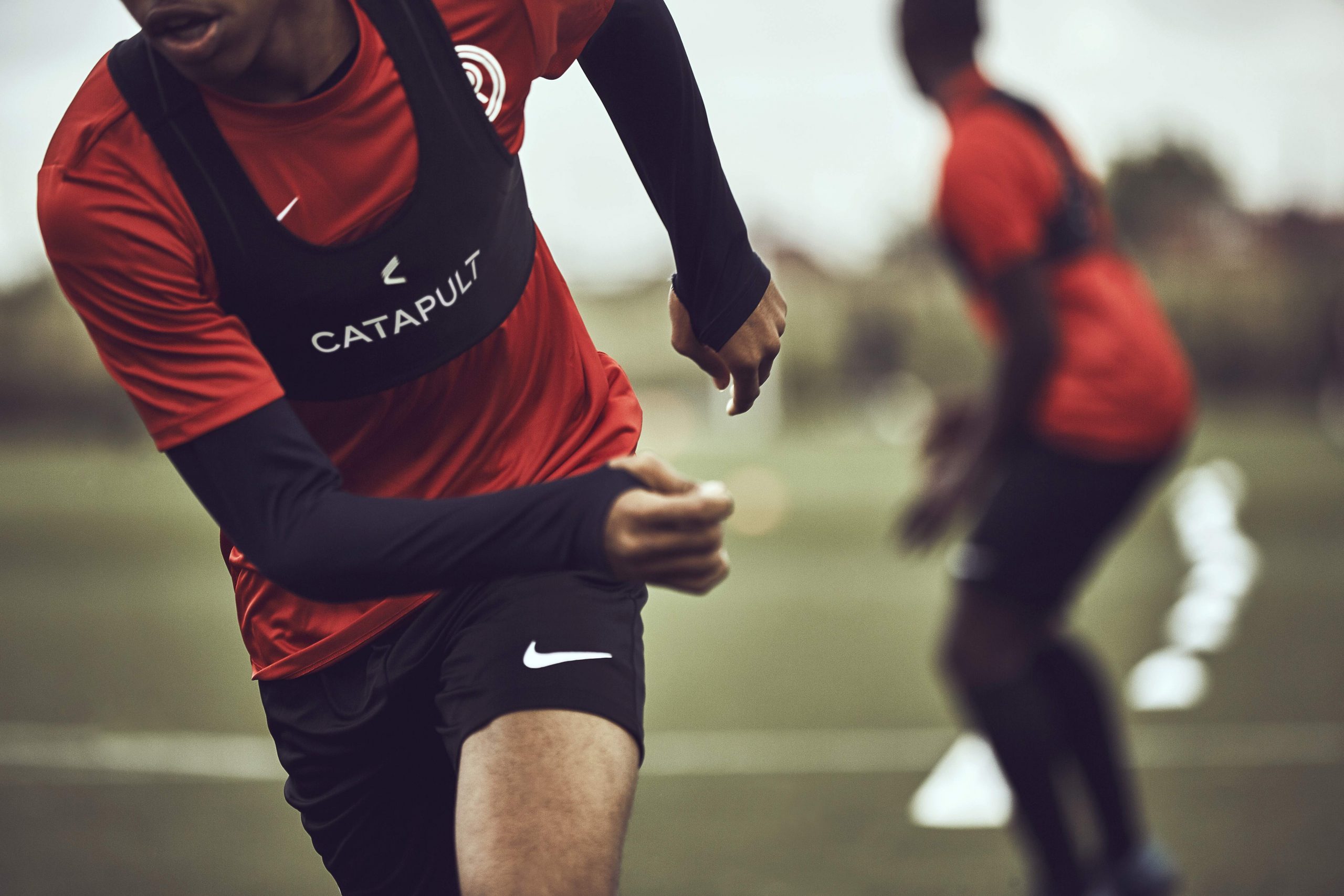What is sports science and what does it have to do with soccer?

Scientific innovation is often met with resistance: Albert Einstein was disrespected by fellow physicists, Galileo Galilei’s work went against religious convention while Isaac Newton was regarded as a deviant for his philosophical views. Like science, football is slow to accept new ideas which make the immediate success sports scientist Chris Barnes enjoyed when asked to create ‘what was the first multidisciplinary sports science department for an English Premier League club’ at Middlesbrough F.C in 1997 all the more impressive.
Working under manager Bryan Robson and chairman Steve Gibson, Barnes’ breakthrough didn’t come sitting under an apple tree, but rather in the unlikely location of Rockliffe Park training ground in Darlington. It’s here Barnes introduced systems and methods quantifying performance, which had become widely accepted in other sports, to a league in danger of falling behind its European counterparts.
By the end of the season, Middlesbrough were promoted to the Premier League and reached the League Cup final despite losing stars such as Juninho and Fabrizio Ravanelli at the start of the campaign. However, that success isn’t to say Barnes didn’t first have to convince both coaches and players of the value his expertise had while answering the all-important question: what is sports science?
“Fundamentally sports science is based on the same set of principles as many other areas of applied science”, says Barnes. “Science in the broadest sense is a way of approaching problems and the creation of systems which enable you to deliver in a systematic and effective way. The core components of sports science are physiology, biomechanics – the way in which we move – and psychology. At the moment we’re generating a huge amount of data and we can’t ignore the fact that nowadays sports scientists need to be particularly skilled in handling analysis and data. Take those core areas and then sports science purely and simply means we’re using them to try and address the performance questions that arise from sports.
“I’ve had the good and bad fortune of being involved in sports for a number of years, and when I first went in, sports science was very new and people were sceptical about the benefits that can be derived from it. The thing that I can say with absolute hand-on-heart honesty is the drivers of sports science are almost always the athletes. They are the people coming up with the challenging questions: ‘what about this?’, ‘what about that?’ and ‘what about the other’. It’s a fantastic evolution in terms of the mentality of the sport itself. Coaches buy-in and so do athletes now, and it’s them who are driving the sports science agenda in football.”
Fast forward over 20 years to today and sports science’s influence throughout the football pyramid is clear to see according to Barnes, but considering GPS technology has been exclusively available to professionals for a majority of those two decades, the introduction of Catapult One is keen to innovate how every player tracks, analyses and records performance data.
“You only have to go into a modern football club to see,” says Barnes. “In most Premier League football clubs, there will be between eight or 10 sports scientists taking on various roles within the club. Part of that is handling, managing and making sense of the information, but a big part of that is the physical preparation and recovery of players.
“Now, even down to tier four or five clubs, they have sports scientists on board now. When I started, I was the fitness coach, the strength and conditioning coach, the nutritionist and the monitor, and that’s how these people are operating now but it’s a great grounding and great education for them. It’s also great for the clubs because as I already said, players have such an appetite for this sort of thing.
“I’m 100 per cent convinced amateur players would welcome this information,” he adds. “The whole concept behind Catapult One is trying to ensure the information that these amateur players are receiving is sound advice and is based on exactly the advice given to Premier League players. As we all know, social media is a big thing, but it’s responsible for a lot of nonsense being spread sometimes. Amateur players, a lot of the time, will not know what information to take seriously and which not to. Through the Catapult One app, what we’re doing is providing these people with something they can actually rely on.”
You can purchase Catapult One right here.
Track, Analyze, Improve
Catapult One is a sport tracking solution that measures the core metrics to make you a better player
